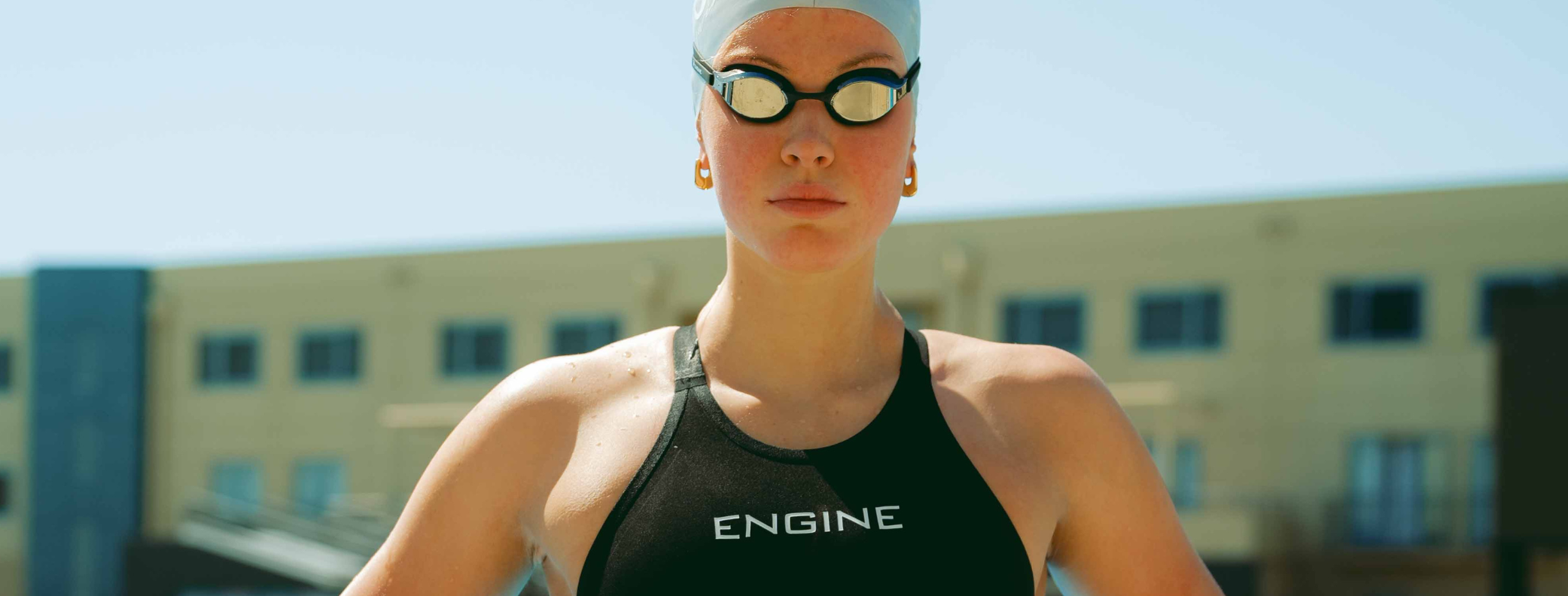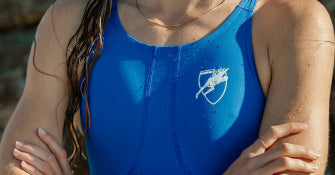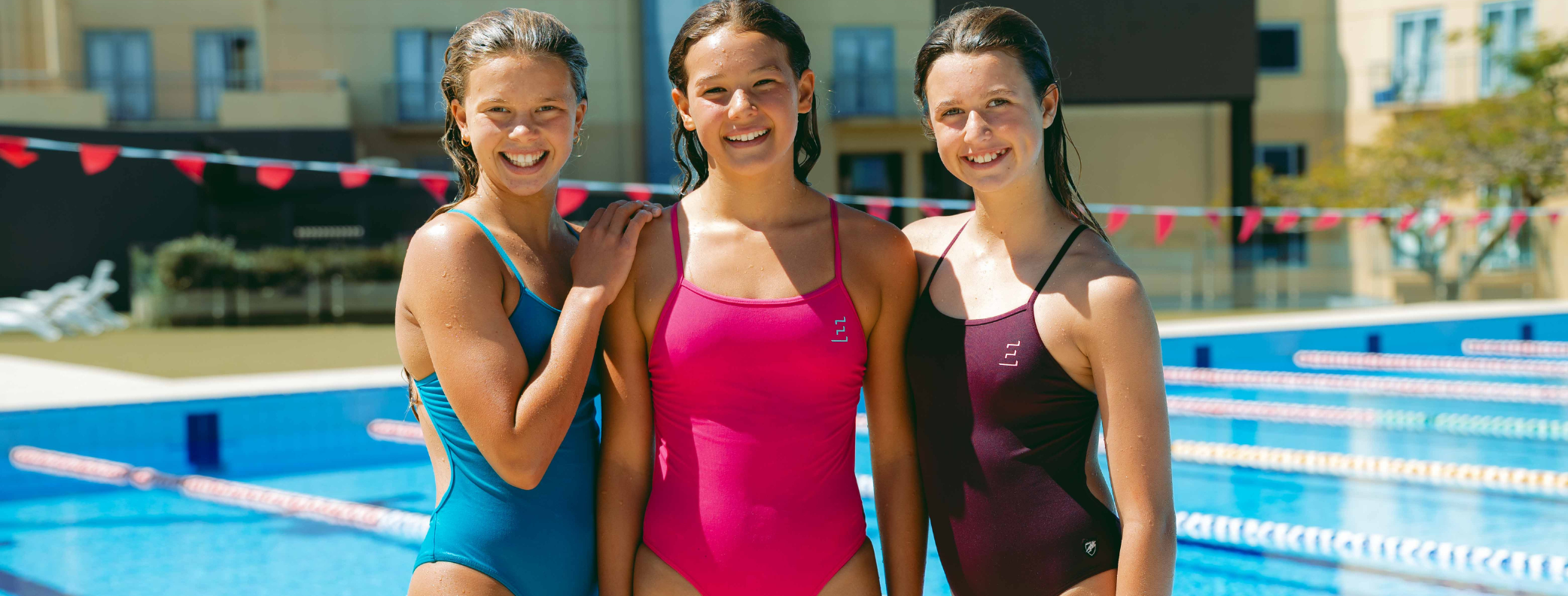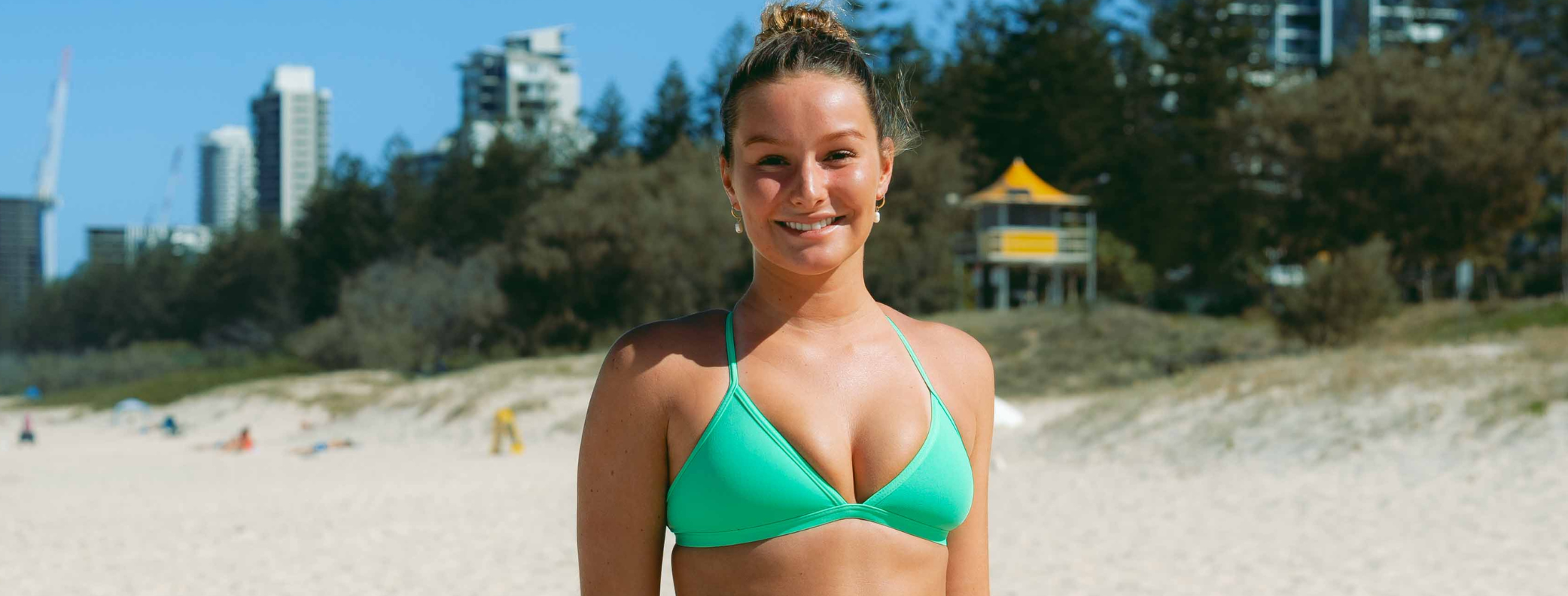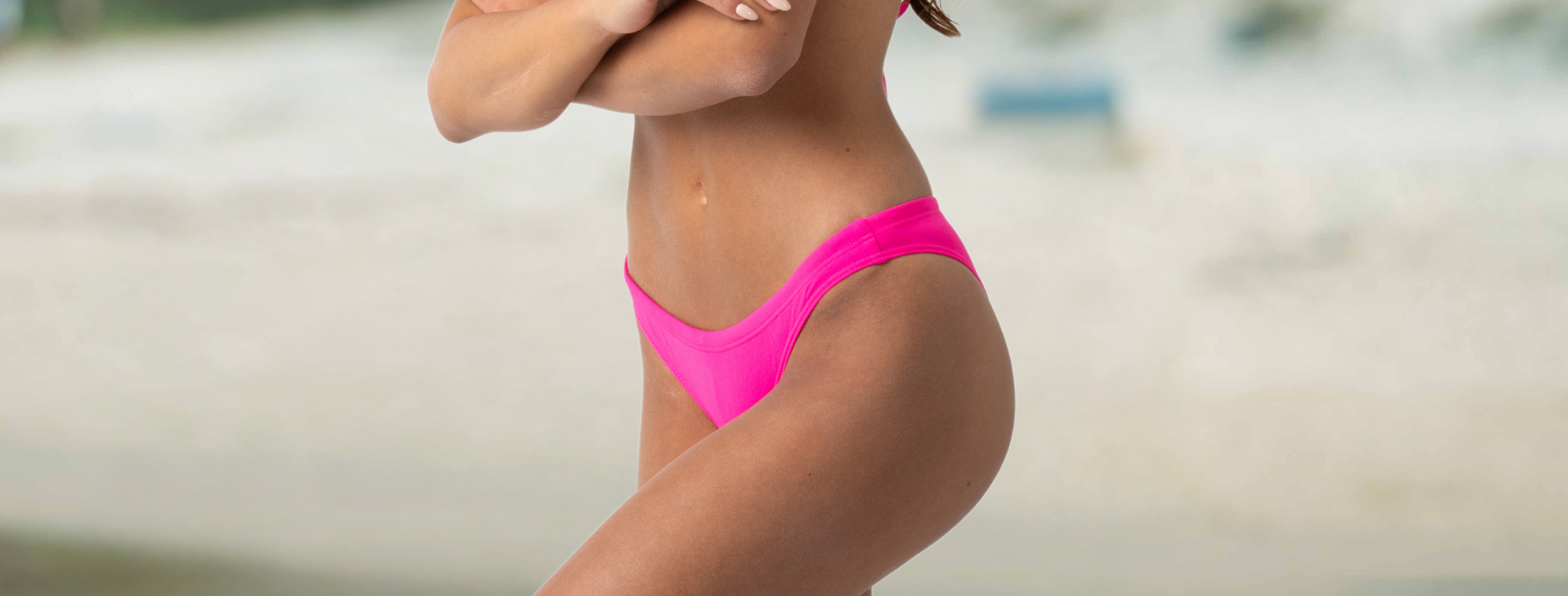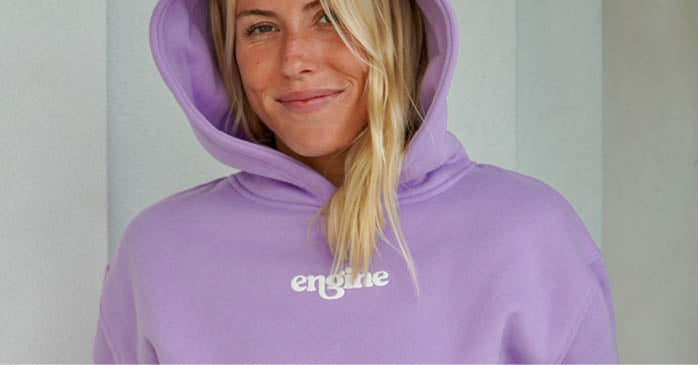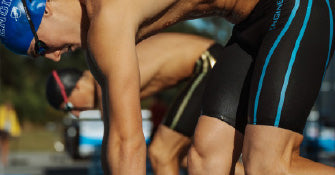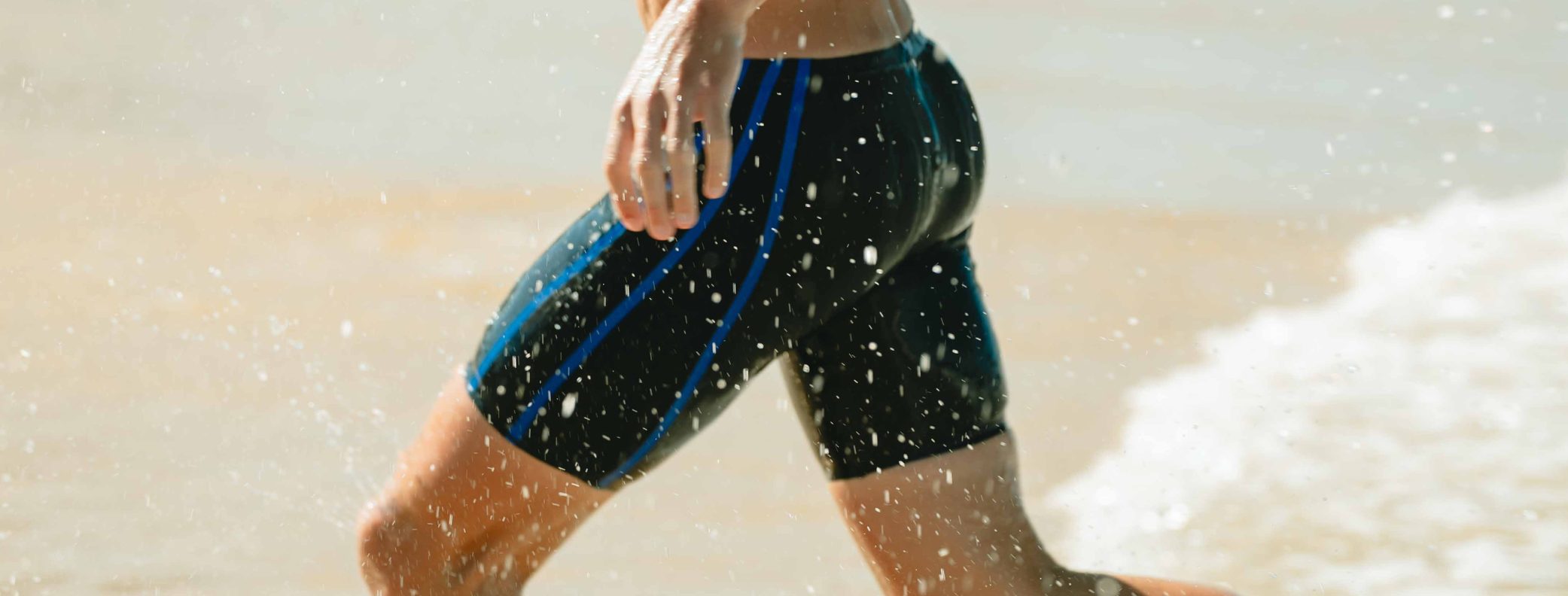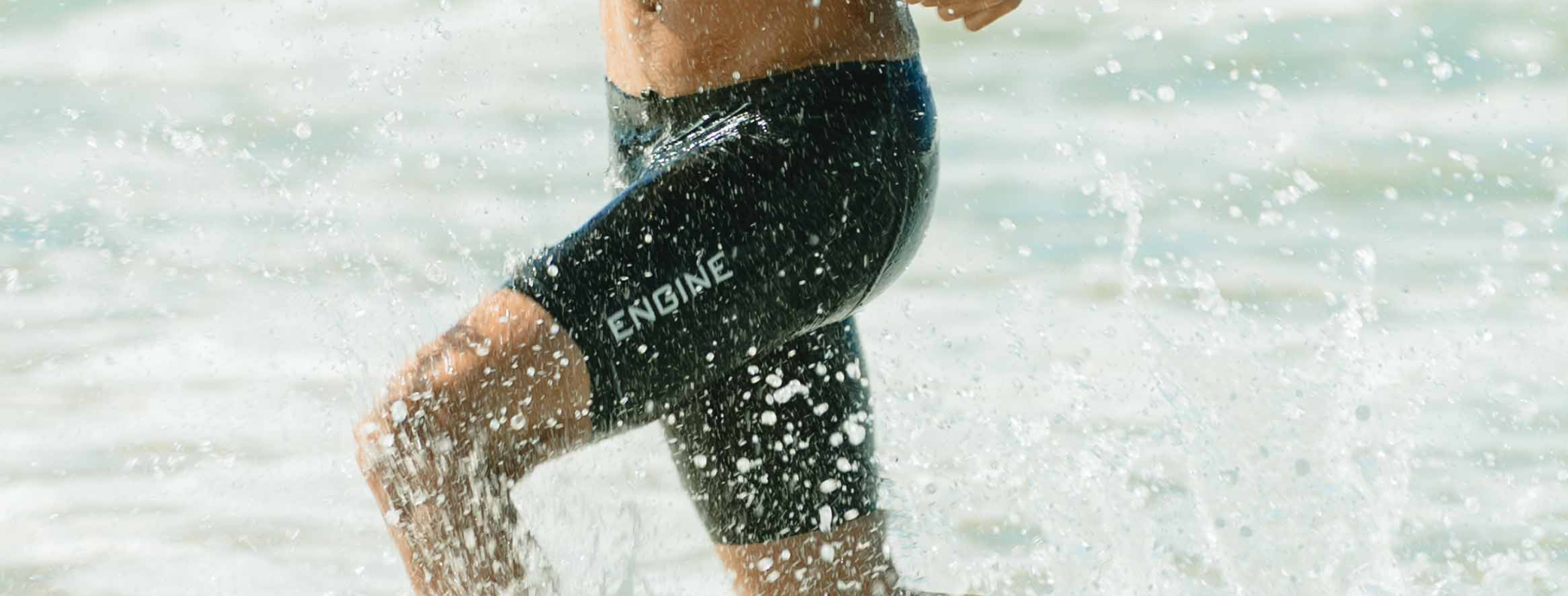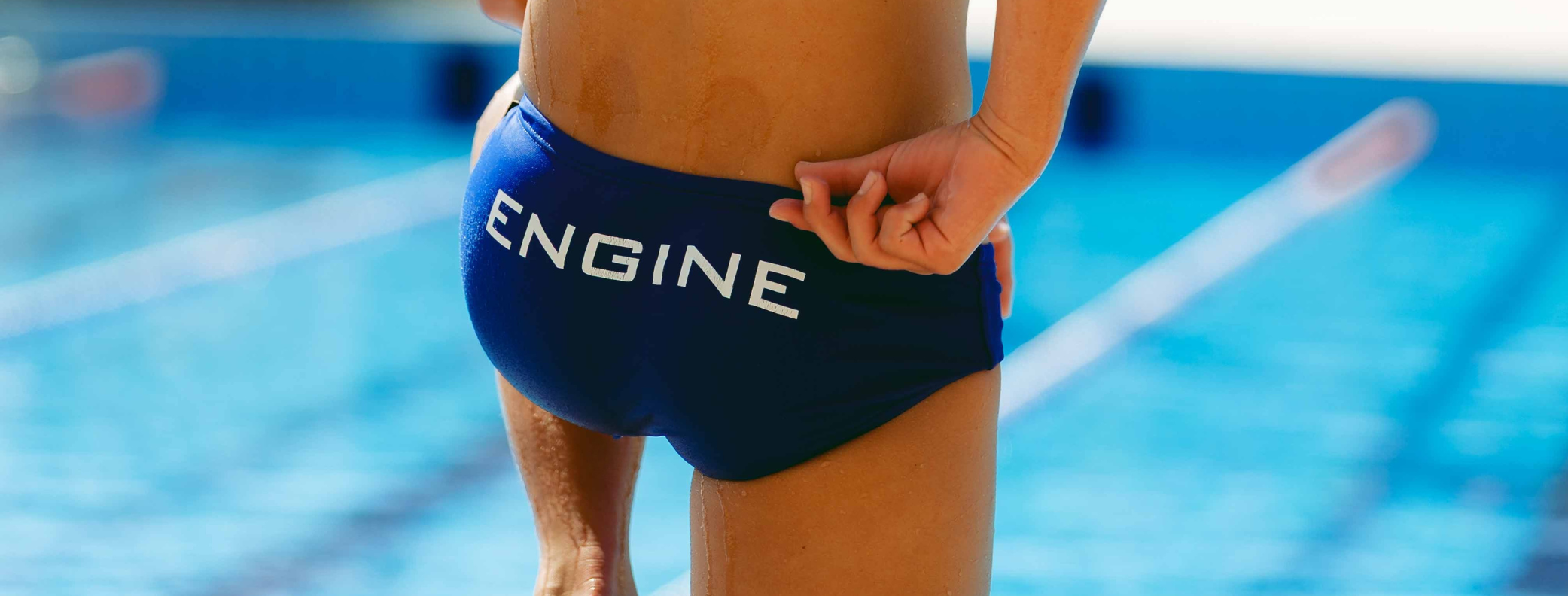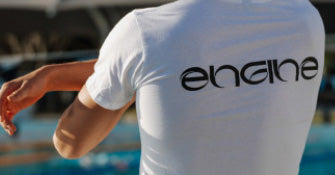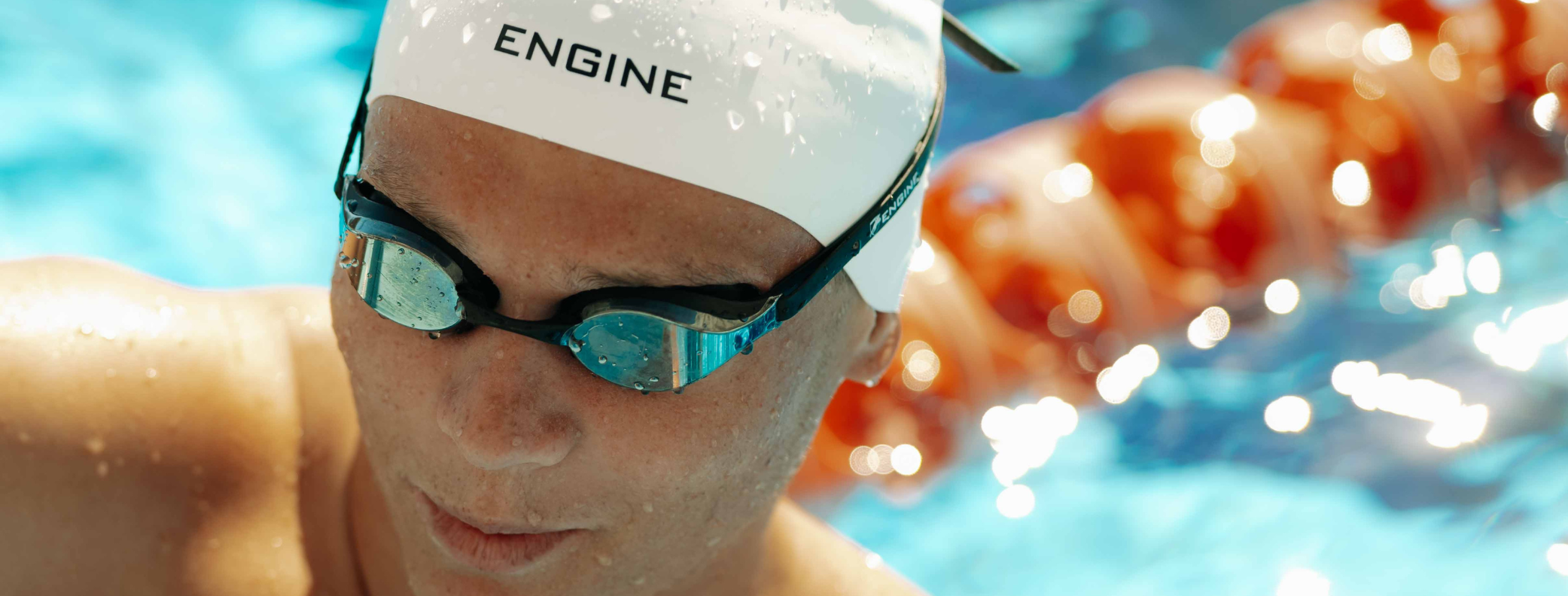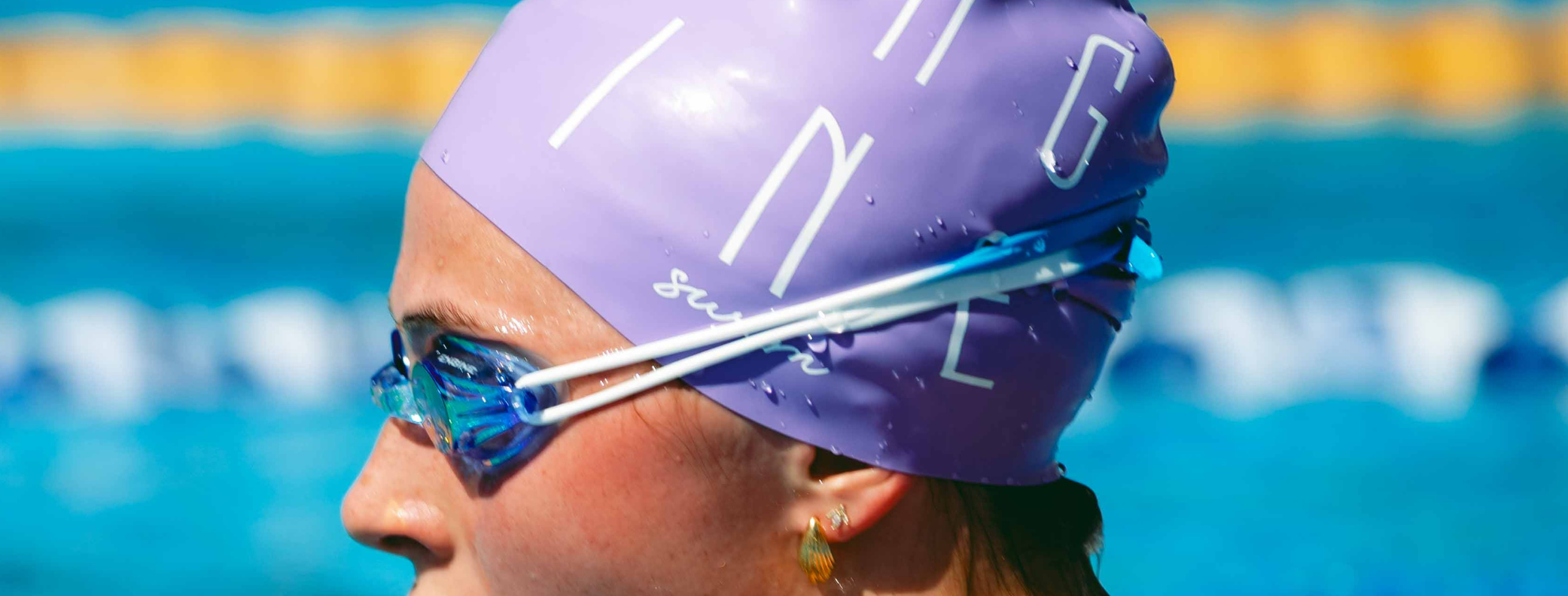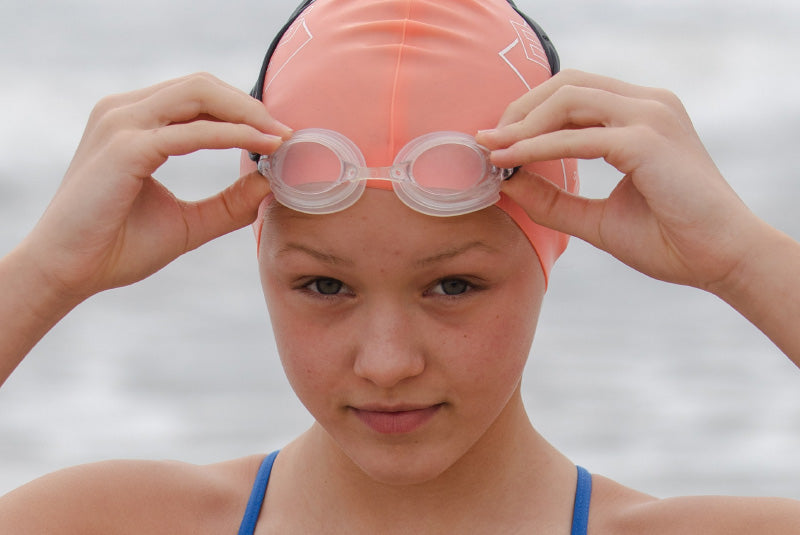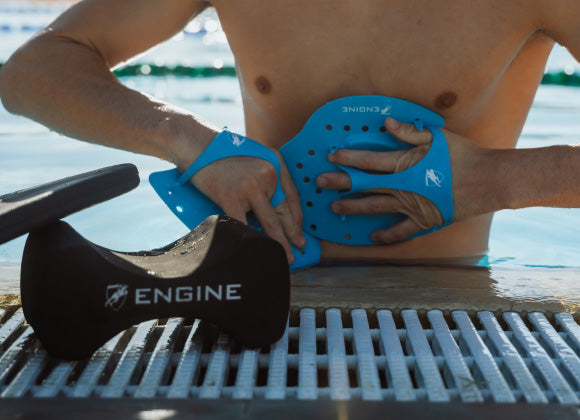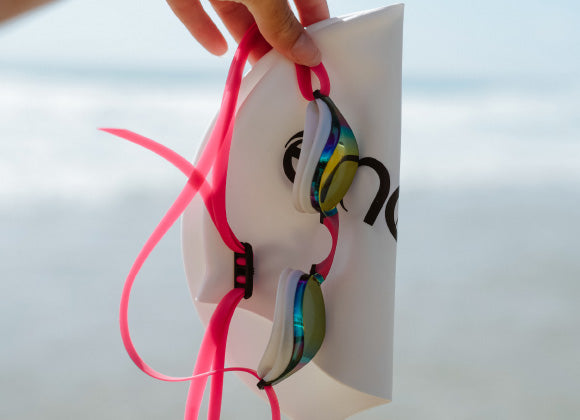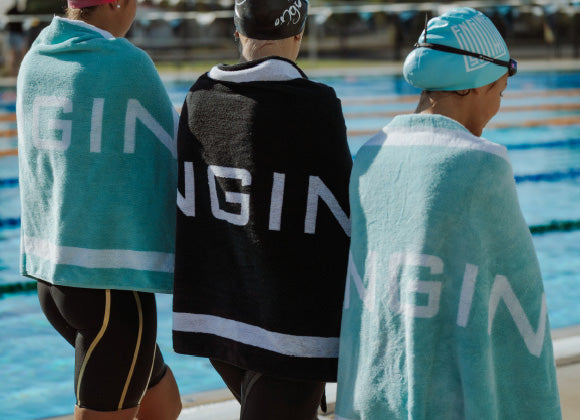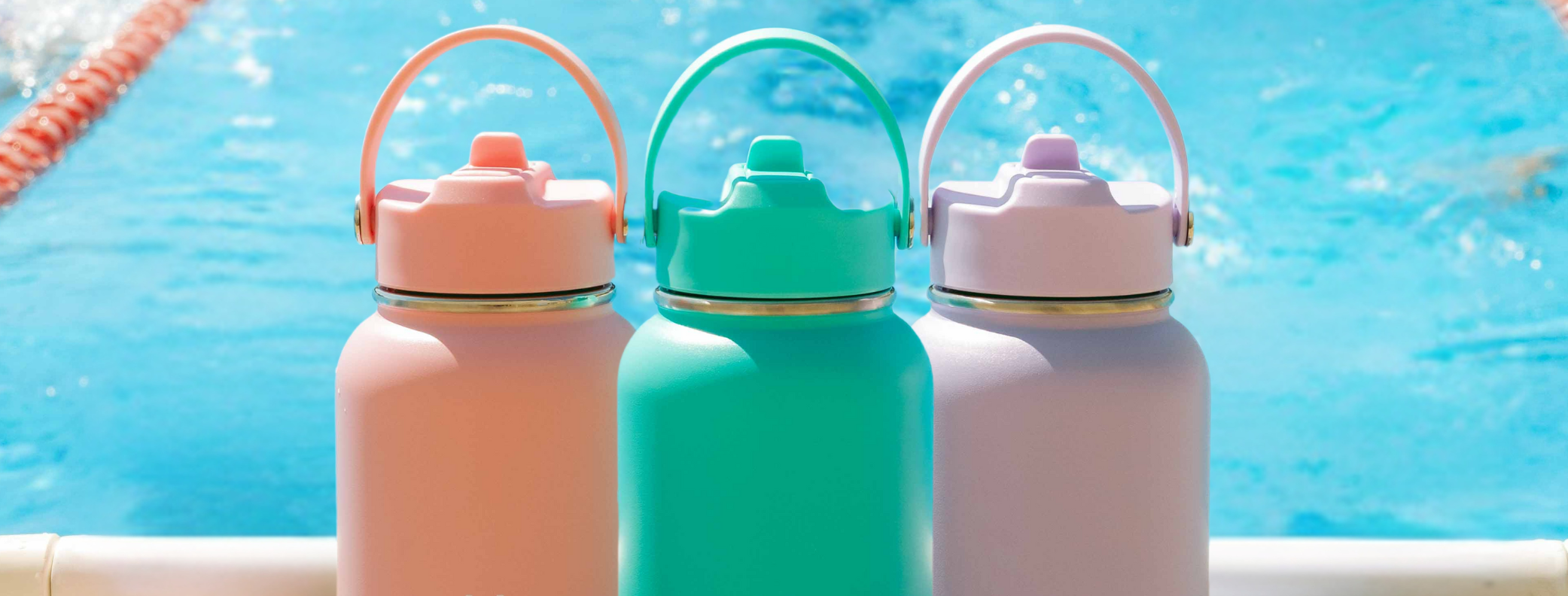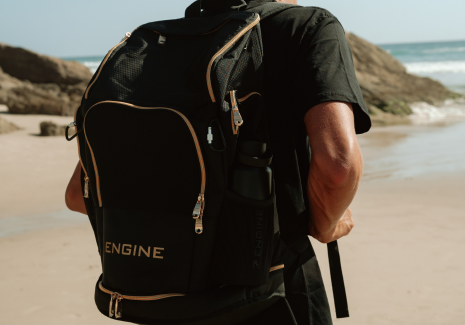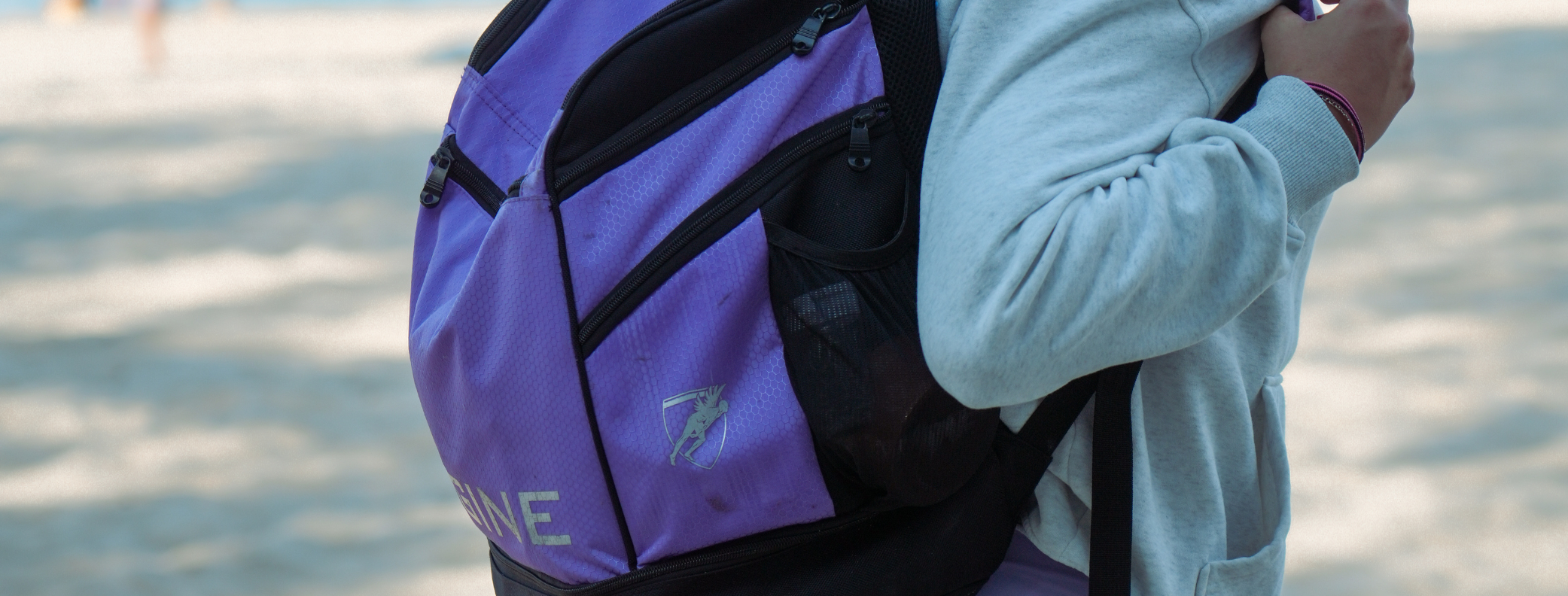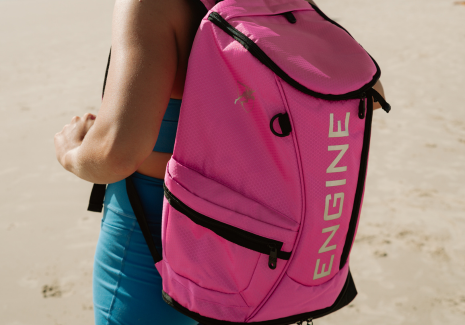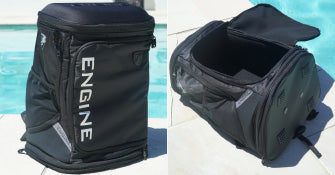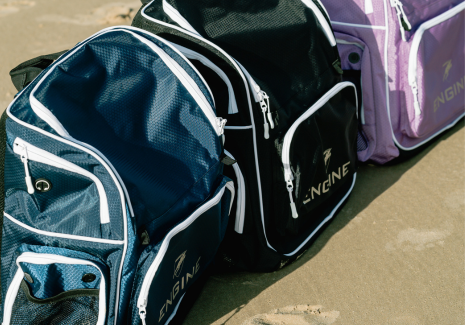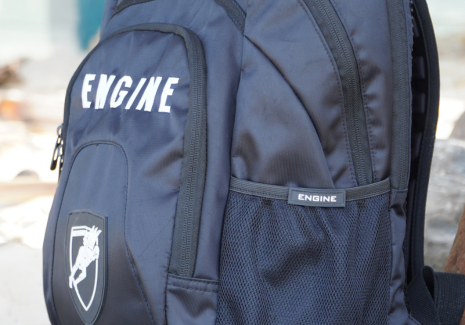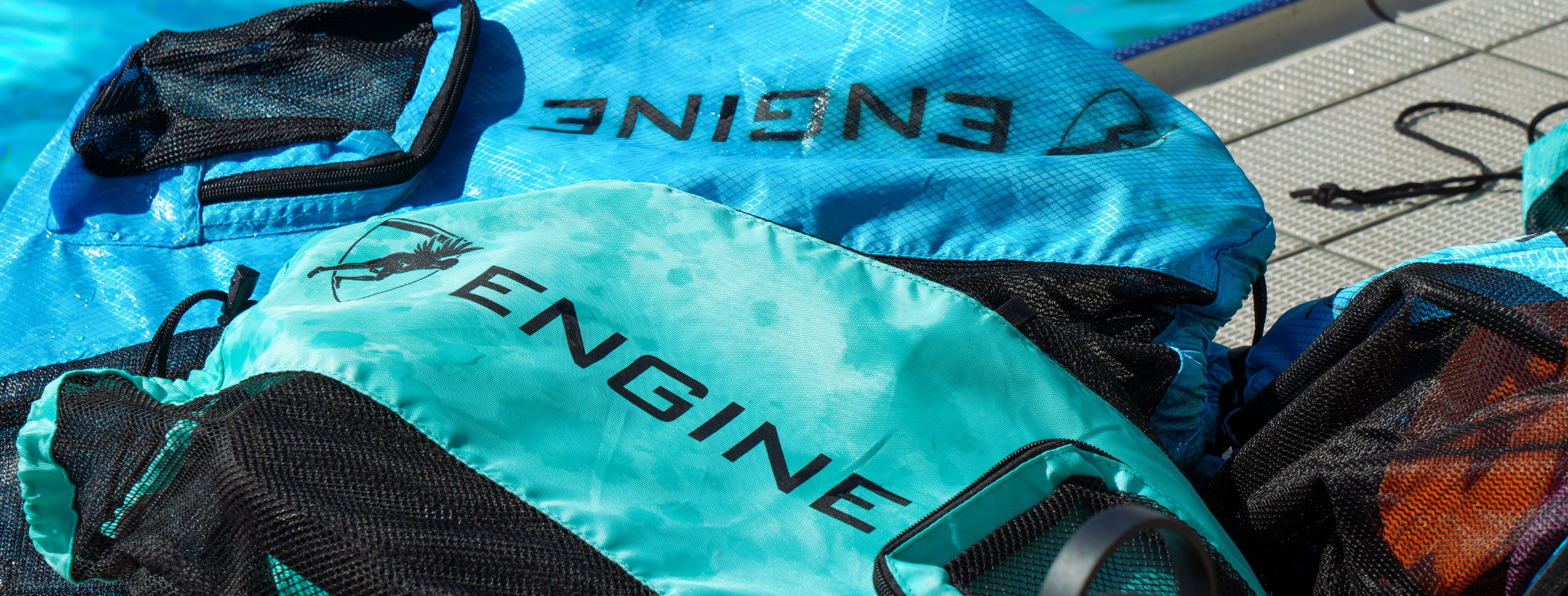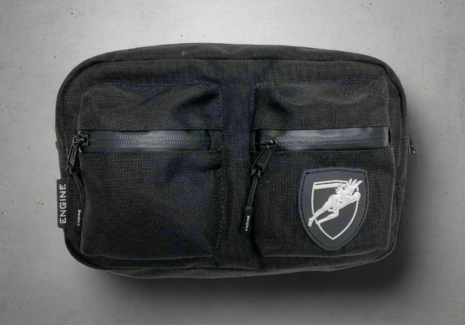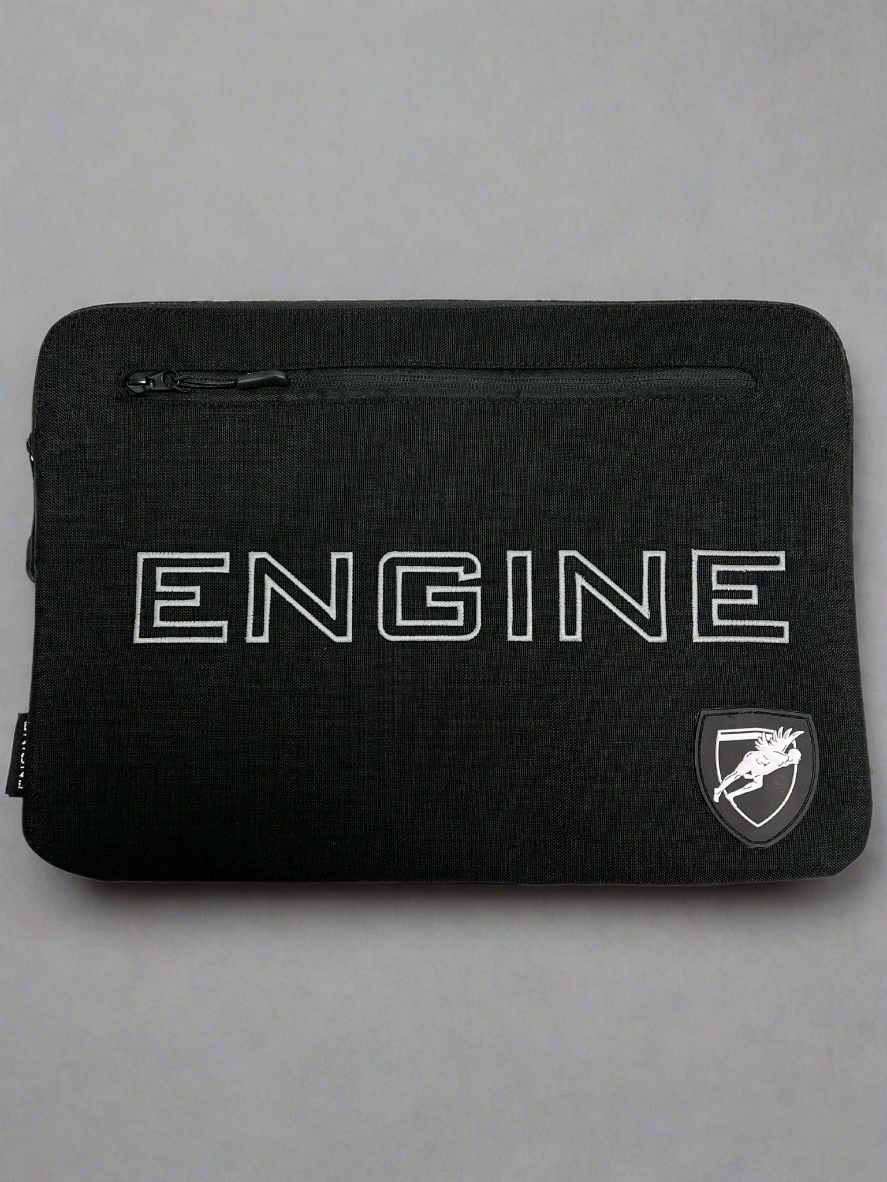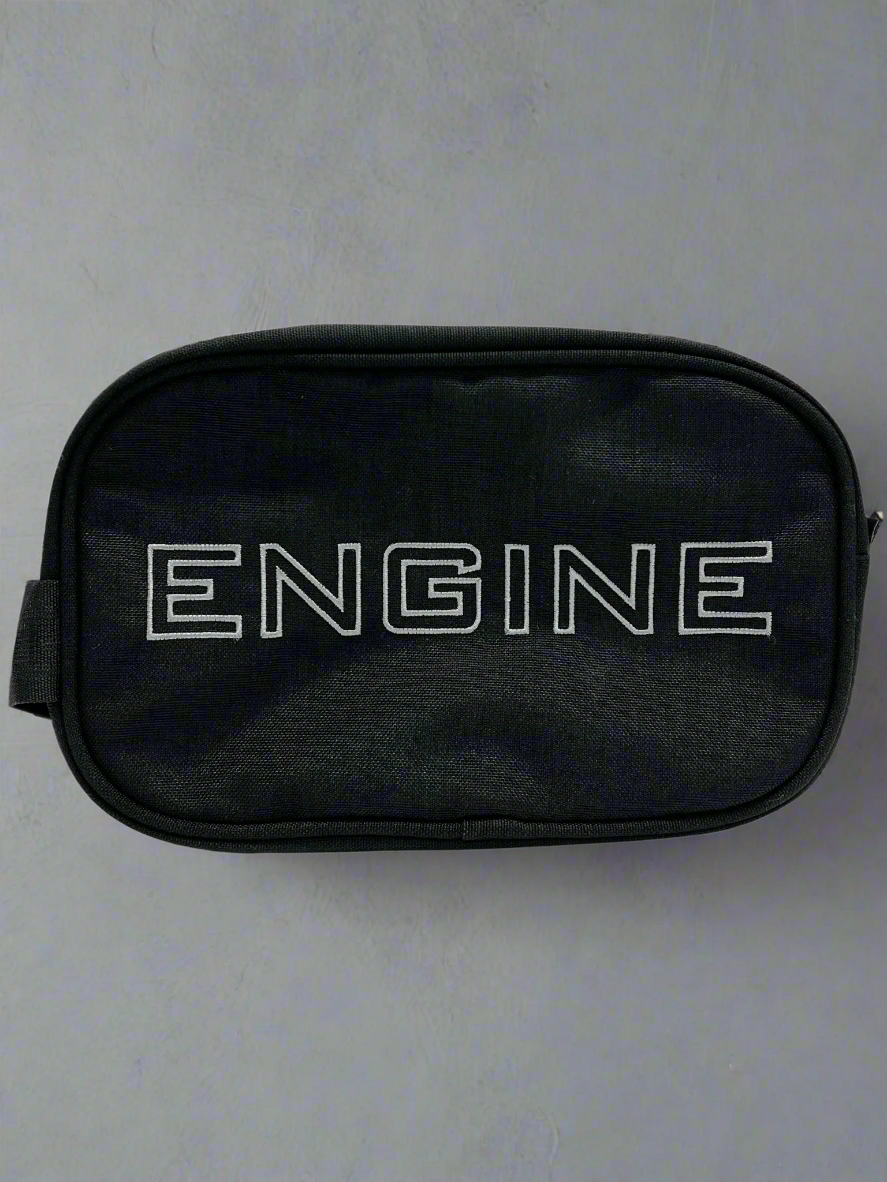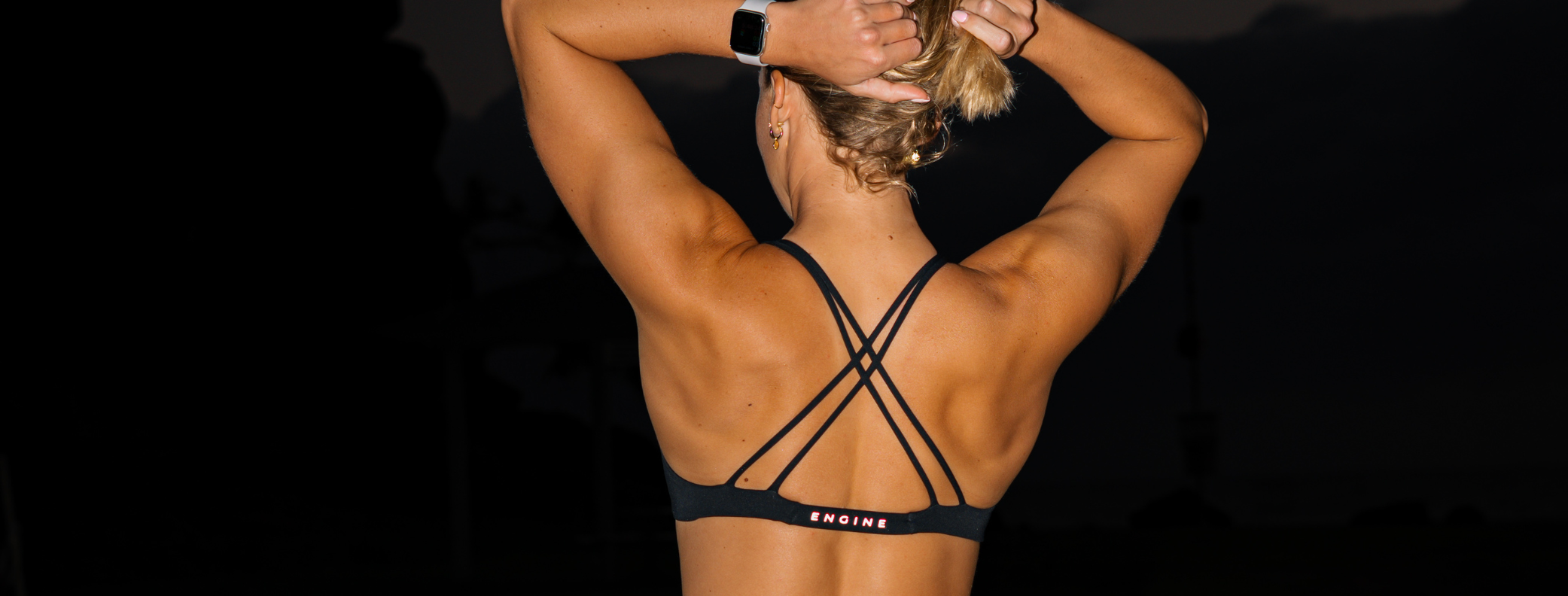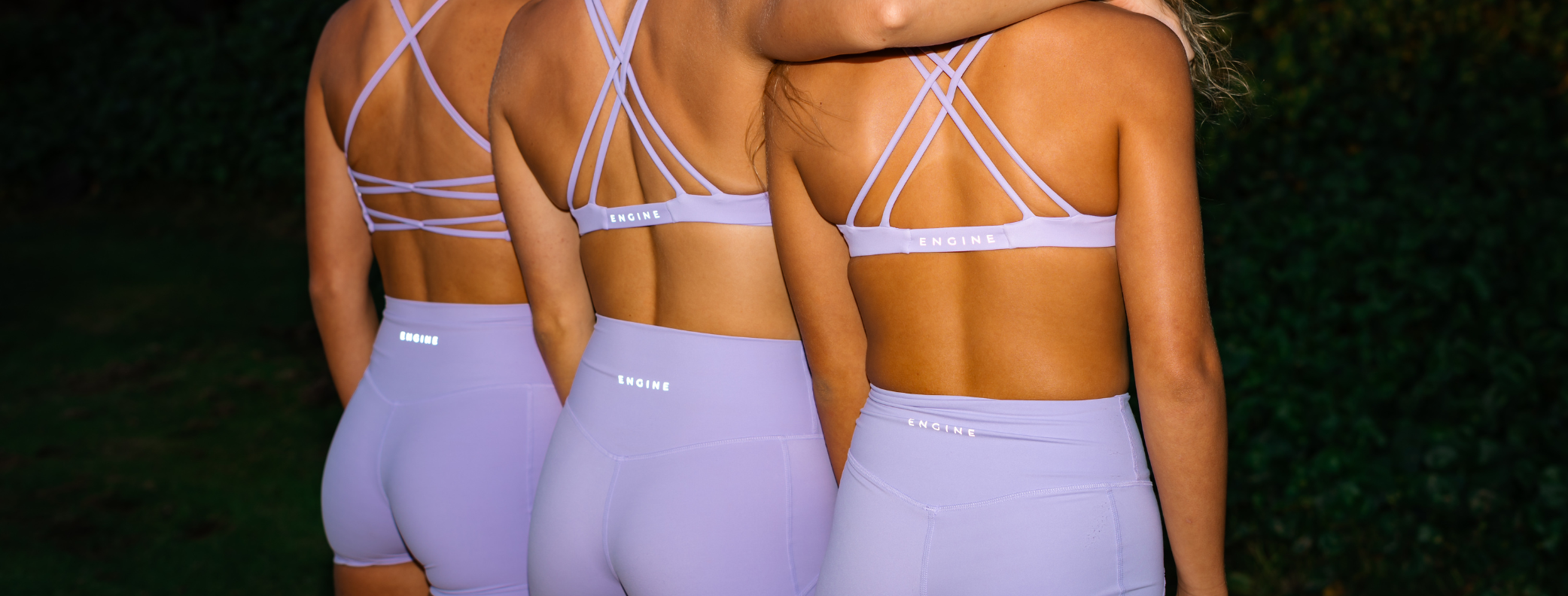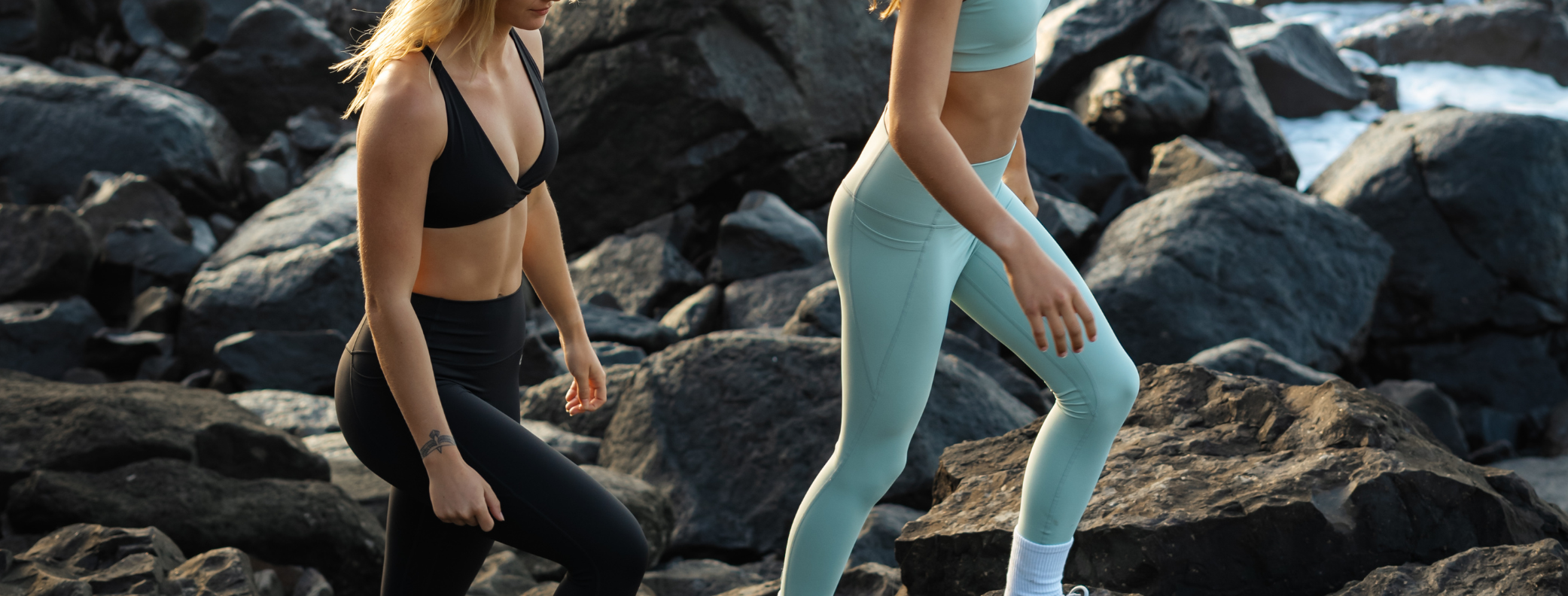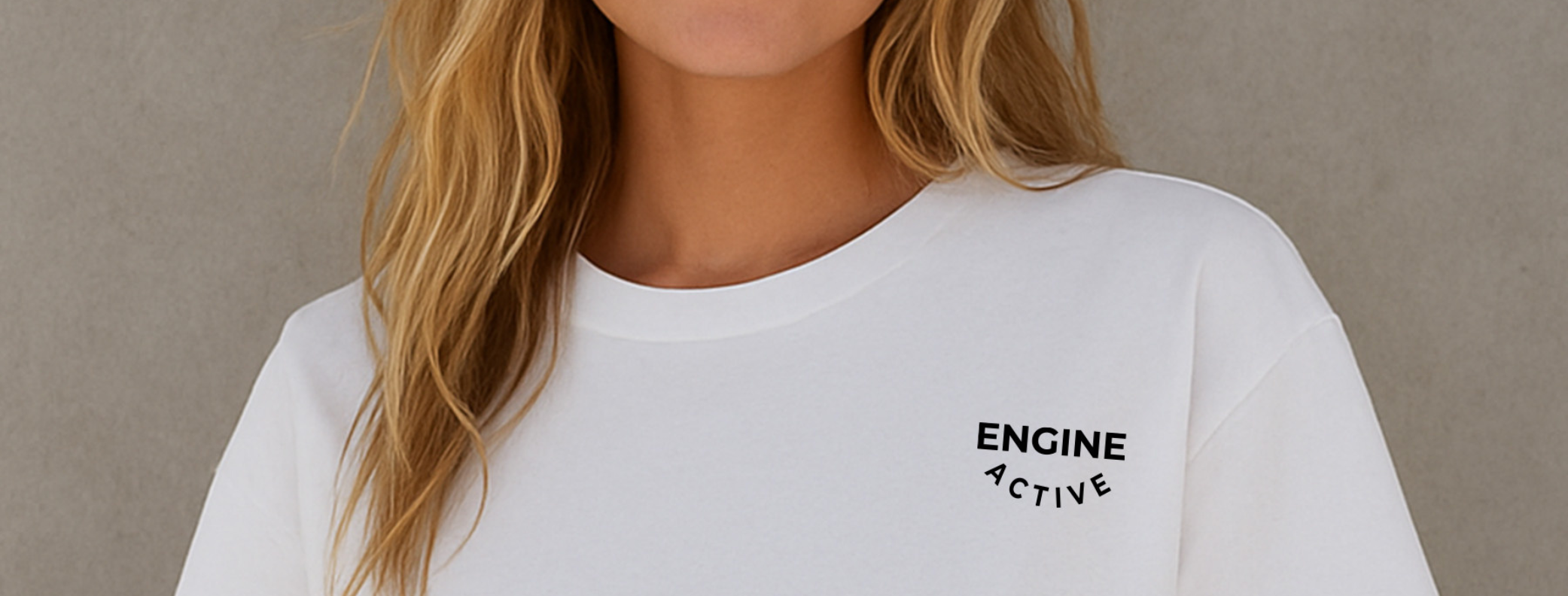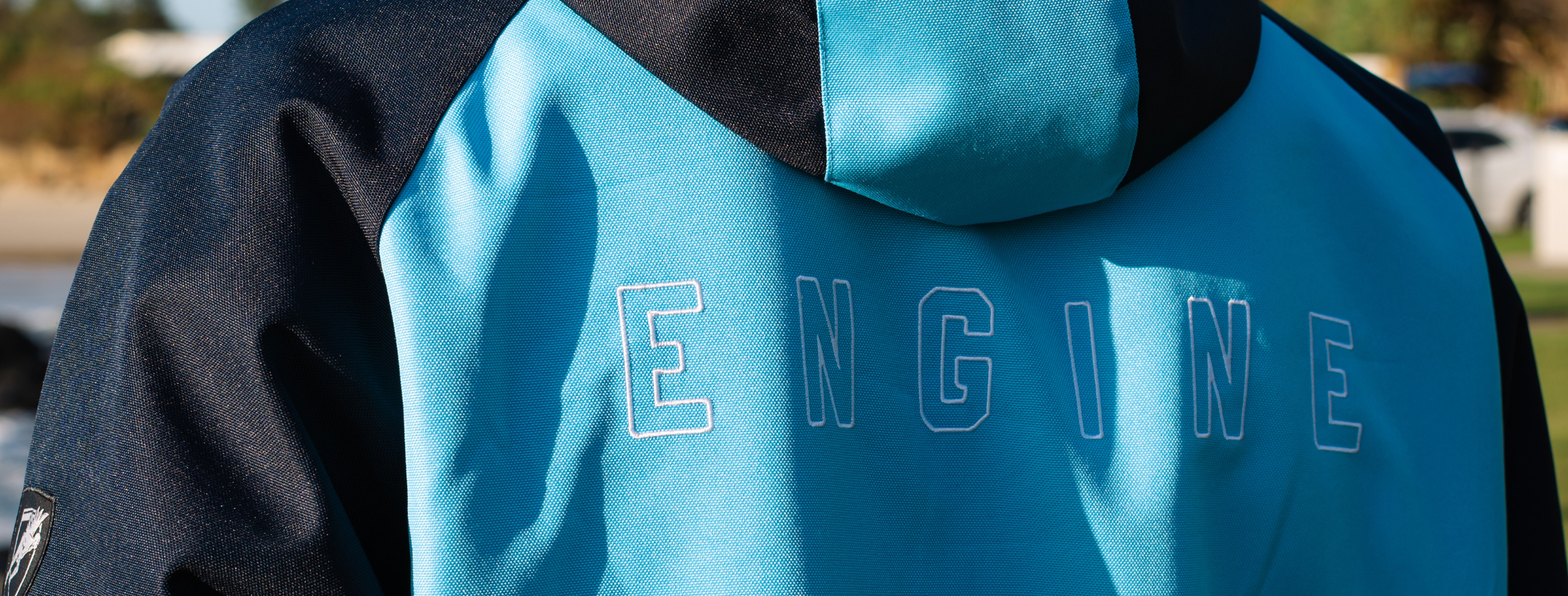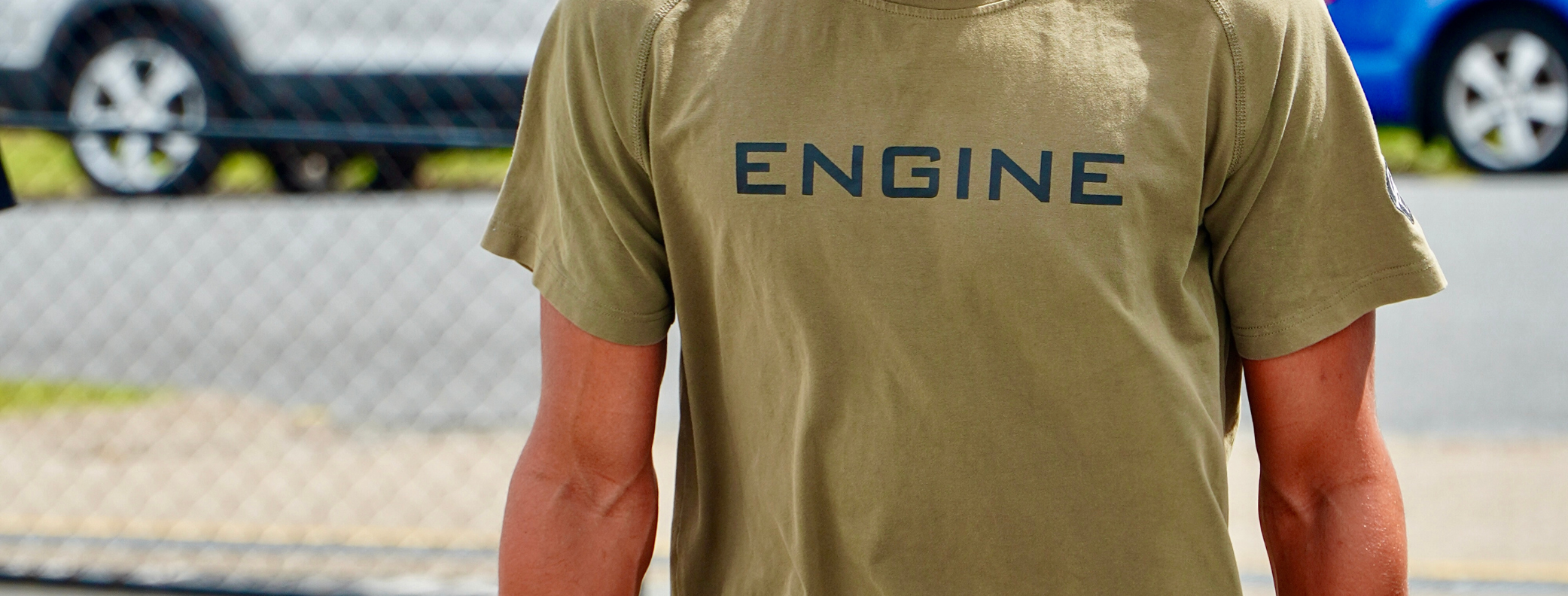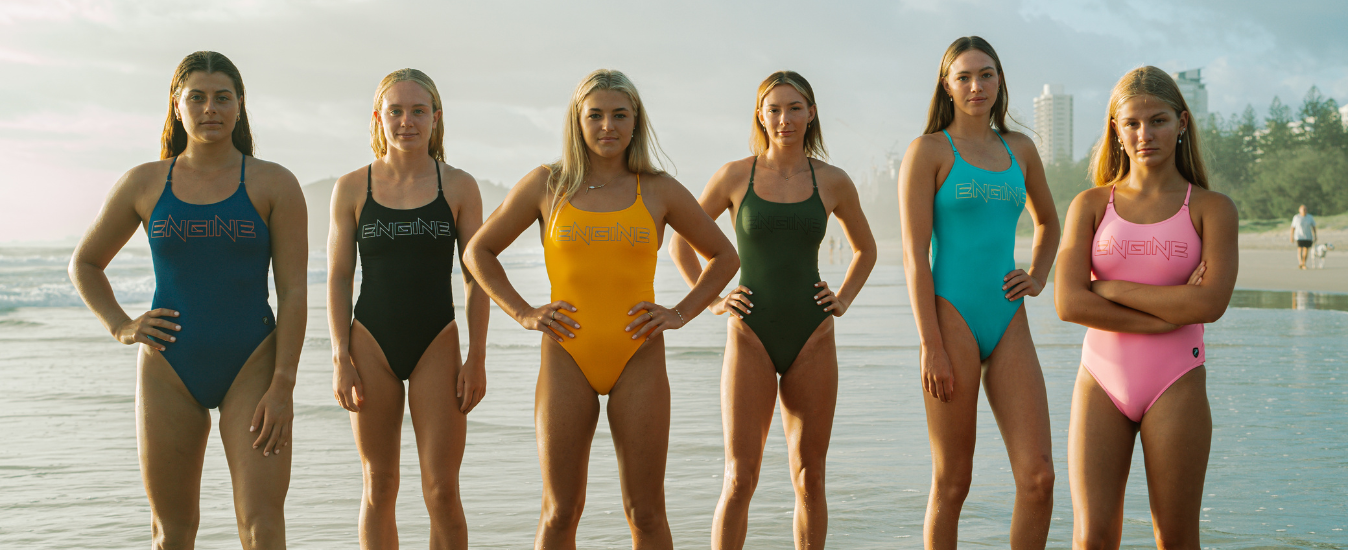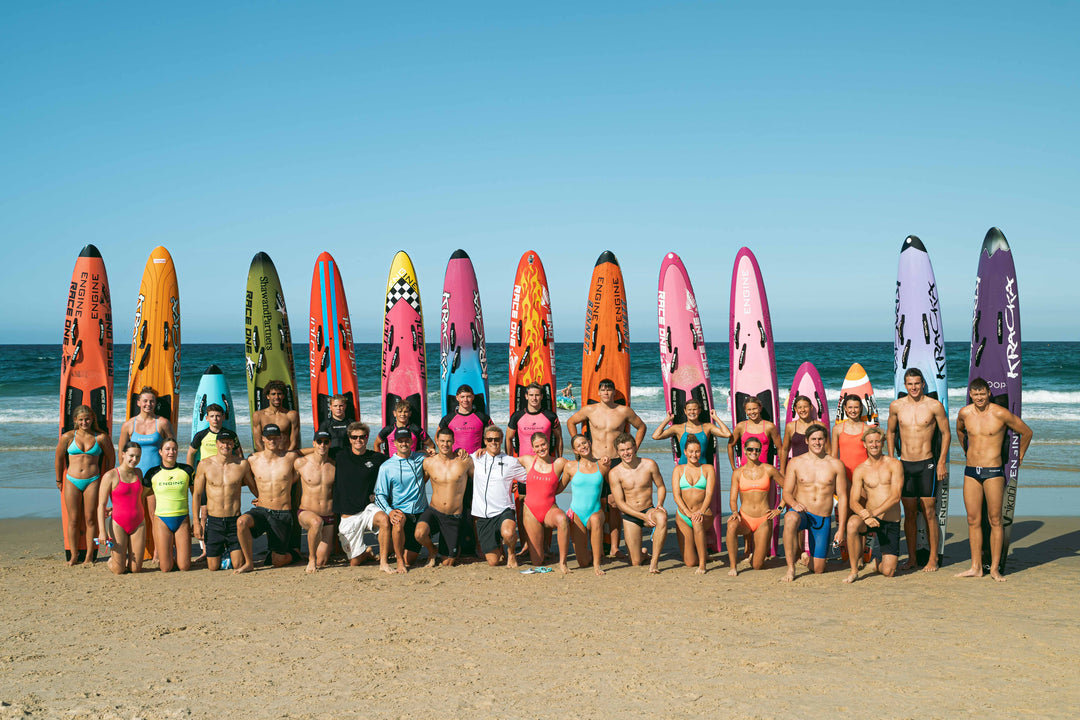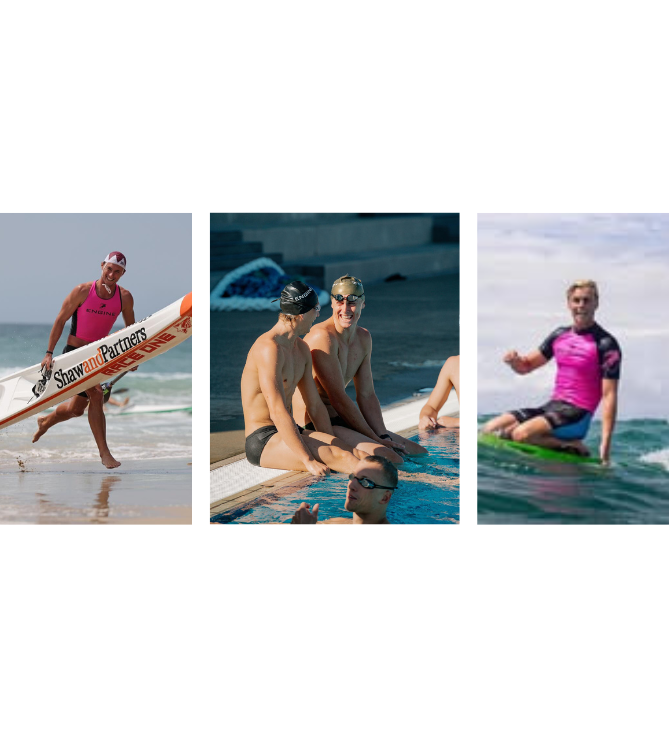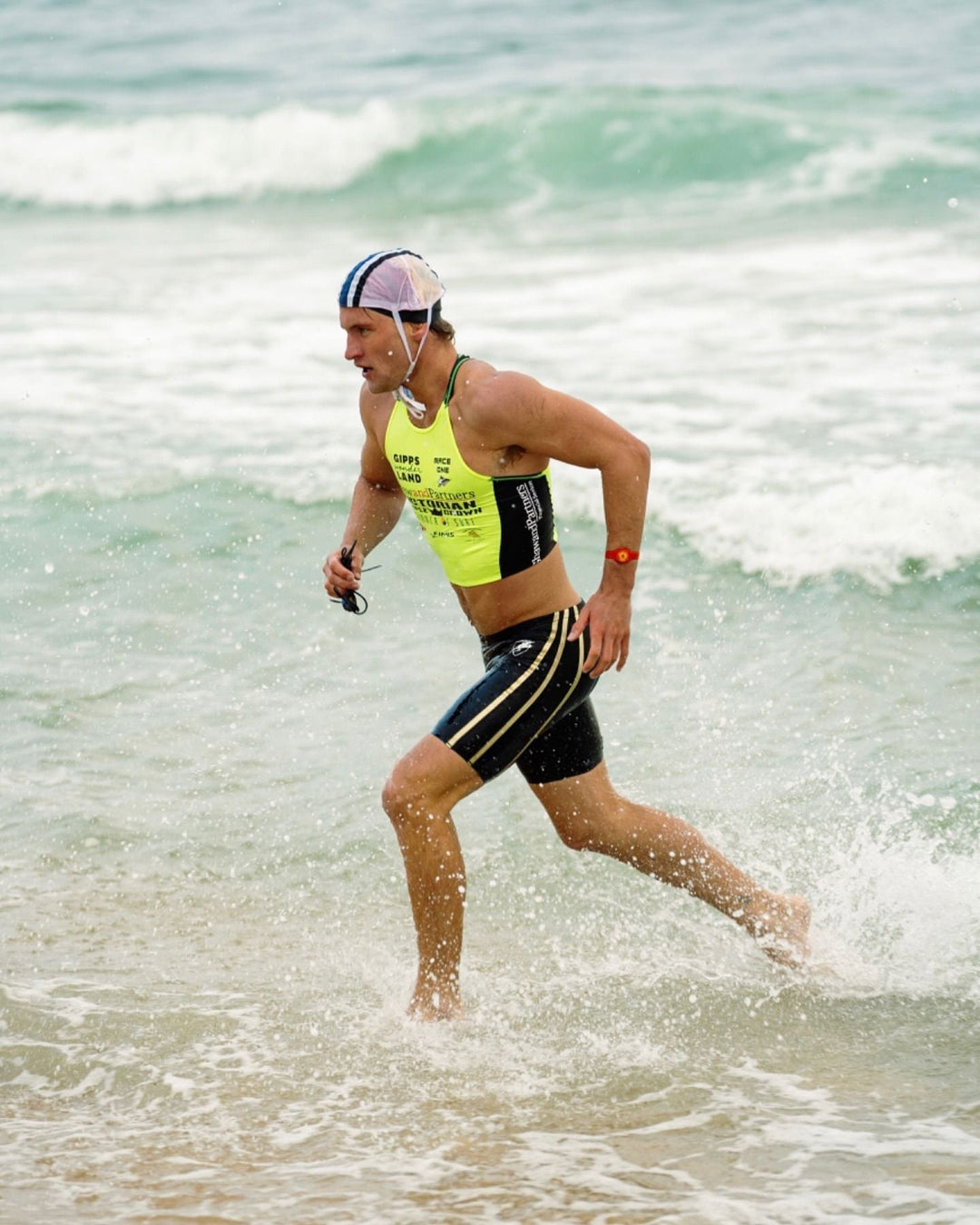Fuel for Fast Swimming: Science-Backed Nutrition Tips for Young Athletes

Swimming is a demanding sport that challenges both endurance and power. Just like a high-performance engine needs premium fuel, young swimmers need the right balance of nutrients to perform at their peak, recover faster, and stay healthy. Here’s a breakdown of essential nutrition tips — backed by sports science — to help you fuel smarter and swim stronger.
1. Carbohydrates: Your Primary Energy Source
Carbohydrates are the body’s preferred fuel for high-intensity and endurance exercise. During swimming, glycogen (stored carbs in muscles) is the first energy source used. Low glycogen = sluggish performance.
✅ Focus on complex carbohydrates for sustained energy:
- Whole-grain breads & pasta
- Brown rice
- Oats
- Starchy vegetables (sweet potato, pumpkin)
✅ Include simple carbs from fruits for quick energy and micronutrients:
- Bananas, berries, apples, oranges
Scientific tip: Research shows that athletes who consume adequate carbohydrates can train harder, recover faster, and avoid fatigue-related performance drops (Burke et al., Sports Medicine, 2011).
2. Protein: The Building Block of Recovery
Protein provides the amino acids needed to repair and rebuild muscle tissue after training stress. For young athletes, this is essential for growth and injury prevention.
✅ Include 1.2–1.7g of protein per kg of body weight daily (Australian Institute of Sport guidelines).
✅ Top protein sources:
- Chicken, turkey, lean beef
- Fish (especially salmon and tuna for added omega-3s)
- Eggs
- Greek yogurt
- Tofu and legumes for plant-based options
Scientific tip: Studies suggest that protein timing matters. Consuming protein within 30–45 minutes post-training enhances muscle protein synthesis (Phillips et al., Journal of Applied Physiology, 2016).
3. Healthy Fats: More Than Just Energy
Good fats play a critical role in hormone production, brain function, and absorbing fat-soluble vitamins (A, D, E, K).
✅ Focus on unsaturated fats:
- Avocados
- Nuts and seeds
- Olive oil
- Fatty fish (omega-3s reduce inflammation and aid recovery)
Scientific tip: Omega-3s (DHA & EPA) have been shown to improve recovery and cognitive focus in young athletes (Beelen et al., Nutrition Reviews, 2018).
4. Hydration: Don’t Let Dehydration Sink Your Performance
Even mild dehydration (as little as 2% loss of body weight through sweat) can impair concentration and endurance.
✅ Start the day hydrated.
✅ Drink regularly during training.
✅ After training, rehydrate with water and add electrolytes when needed.
Trusted electrolyte products:
- Hydrolyte
- Dr Hydrate
- True Electrolyte
- Revitalise
Scientific tip: Electrolytes (sodium, potassium, magnesium) help prevent muscle cramps and replace what’s lost in sweat (Sawka et al., Journal of Sports Science, 2007).
5. Timing Matters: Pre & Post-Swim Nutrition
Pre-swim fuel (2–3 hours before training):
- Complex carbs + lean protein + healthy fats
- Example: Grilled chicken with brown rice and avocado
Post-swim recovery (within 30 minutes):
- Protein + carbs to replenish glycogen and start muscle repair
- Example: Greek yogurt with berries and muesli, or a smoothie with banana, spinach, and whey protein
Scientific tip: The “recovery window” after training is when your body is most receptive to nutrients, optimising adaptation and repair (Ivy, Journal of Sports Science & Medicine, 2004).
6. Snack Smart Between Sessions
Avoid sugar crashes and stay energised with balanced snacks:
|
Instead of... |
Try this! |
|
Lollies or chocolate |
Banana with peanut butter or trail mix with nuts and dried fruit |
|
Chips & soft drinks |
Whole-grain crackers with cheese + water |
|
Muffins & pastries |
Greek yogurt with berries + honey |
Quick Takeaways for Young Athletes:
- Fuel right: Balance carbs, proteins, and fats in every meal.
- Hydrate often: Water + electrolytes = optimal hydration.
- Time your nutrition: Pre- and post-training meals make a difference.
- Keep variety: A colorful plate means a variety of nutrients.
- Involve family: Meal prepping and healthy cooking can be fun and educational.
Bonus Tip: For an individual nutrition plan, talk to a qualified sports dietitian who can tailor recommendations to your age, training load, and goals.


